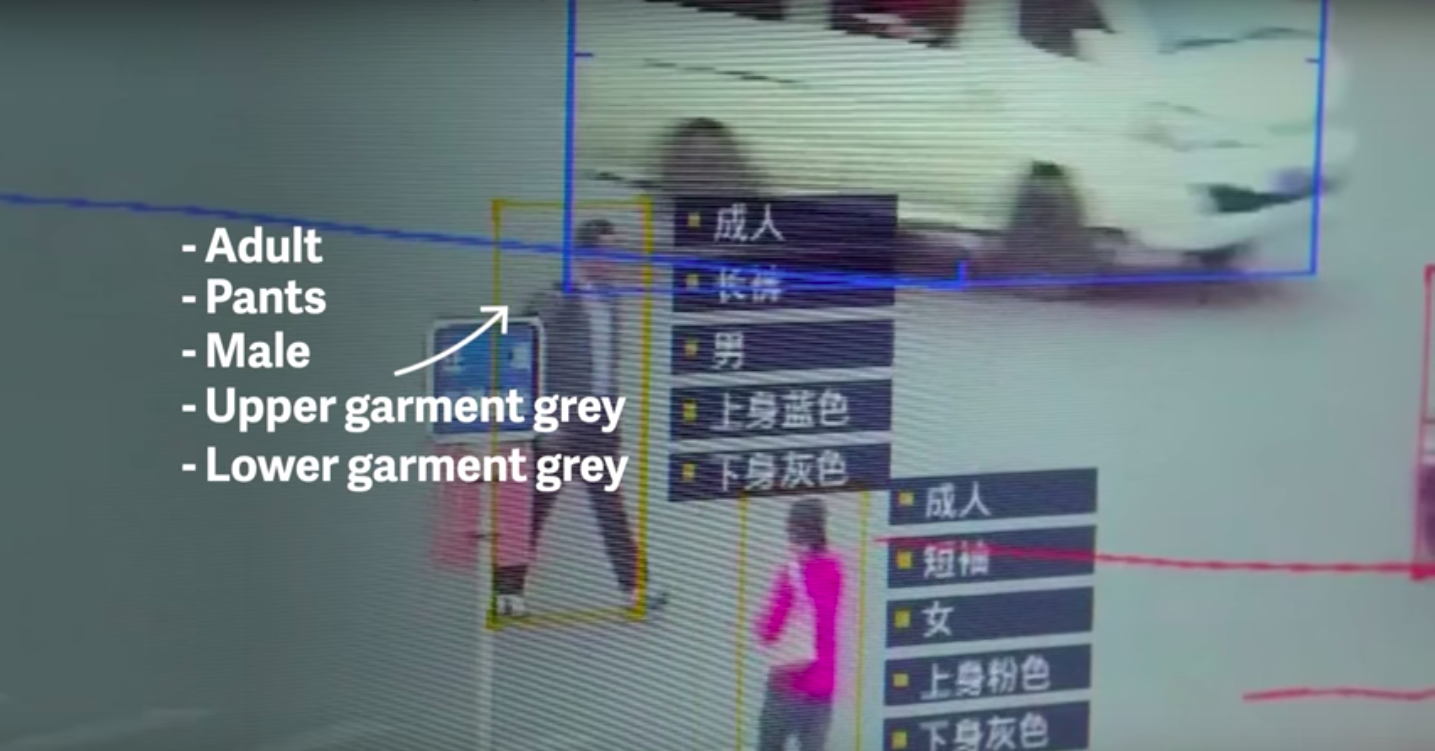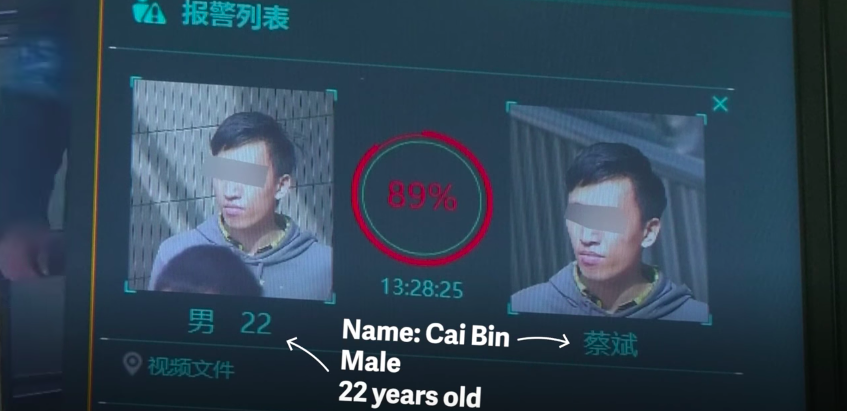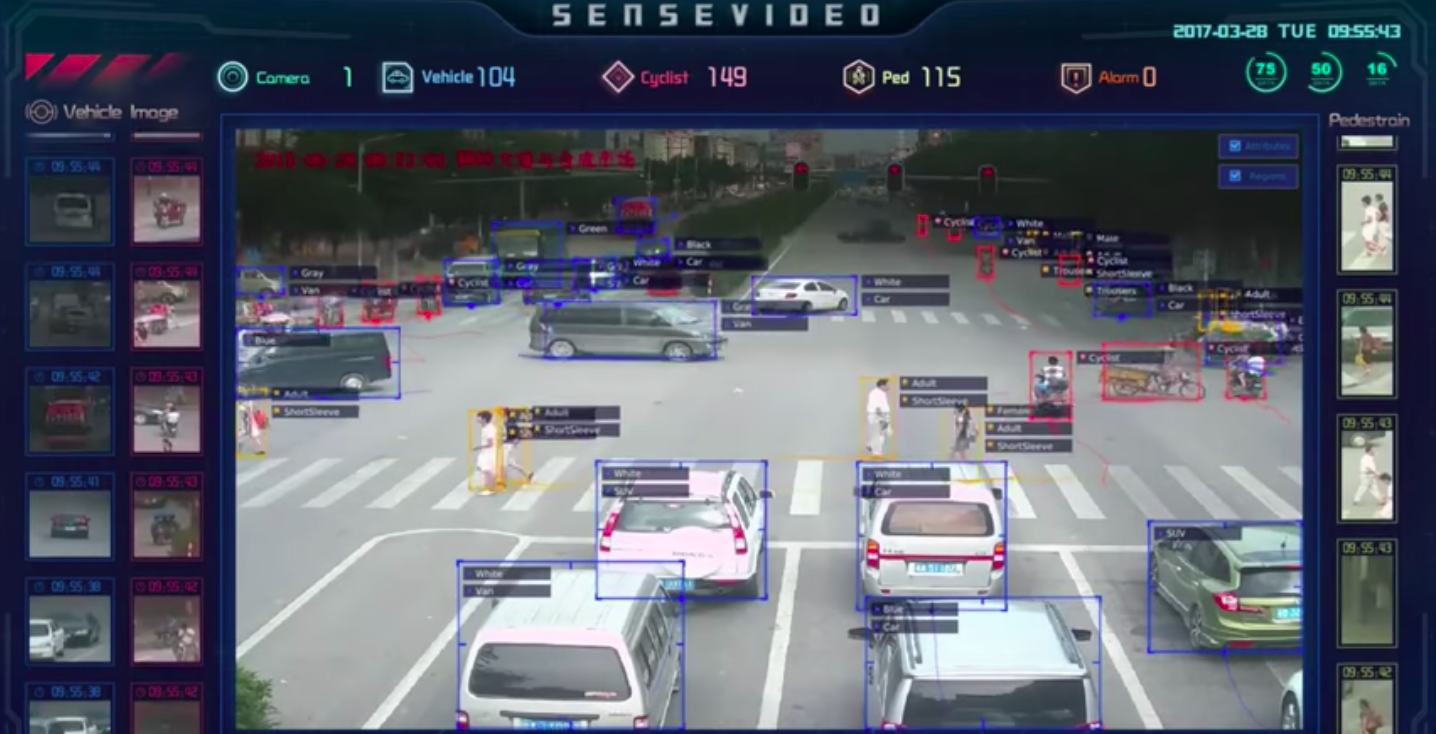China has built what it claims to be the "world's largest and most advanced camera surveillance network".
Chinese technology companies are working together with the government to develop the surveillance system.
The cameras, paired with Artificial Intelligence (AI) that allows for facial recognition, can find a person in just a matter of minutes.
Vast Digital Catalogue
BBC reporter John Sudworth found that out when he put the system to the test in the city of Guiyang, the capital of Guizhou province of Southwest China.
Guiyang has an urban population of about 3.5 million (roughly the size of Singapore's citizen population), and the police has a vast digital catalogue containing the image of every resident.
It took the authorities a mere 7 minutes to locate him after he was flagged as a suspect in a simulated exercise.
Artificial Intelligence at work
While some cameras can read faces, others can recognise other human features.
As seen in a Quartz video, many Chinese surveillance cameras will be able to automatically identify an individual according to age, ethnicity and gender.
 Screenshot via Quartz's Youtube
Screenshot via Quartz's Youtube
 Screenshot via Quartz's Youtube
Screenshot via Quartz's Youtube
 Screenshot via Quartz's Youtube
Screenshot via Quartz's Youtube
The system can also identify someone far away based on how they walk.
Authorities claim that the purpose is to detect suspicious behaviour in order to prevent crimes.
Security vs Privacy
In the Quartz video, Shengjin Wang, an engineer from Tsinghua University, acknowledged the conflict between safety and privacy that people may face when such surveillance networks become even more pervasive.
However, he claimed that safety matters more to the Chinese people:
"I think that in people's lives, there are issues of safety and issues of privacy. I think that when these two things come into conflict, Chinese people perhaps care more about safety. Because when you don't have safety, you have nothing at all."
[related_story]
Potential for abuse
Government critics have voiced out their uneasiness regarding the all-seeing surveillance system, and warned of the potential for abuse in the hands of the state.
Ji Feng, a poet and a Chinese government critic says in the BBC report that while hi-tech cameras will make security maintenance easier for the police, the same surveillance used on criminals can be used on dissidents as well:
You can feel the eyes on you every day. Invisible eyes following you, so that no matter what you do, you always hesitate.
Using the database and cameras installed, authorities can match targets with their relatives and the people they've been in touch with.
According to Sophie Richardson, China director of Human Rights Watch (HRW), who spoke in a Time report, "authorities can easily misuse that data in a country with a long history of unchecked surveillance and retaliation against critics.
Top image via Youtube
If you like what you read, follow us on Facebook, Instagram, Twitter and Telegram to get the latest updates.
